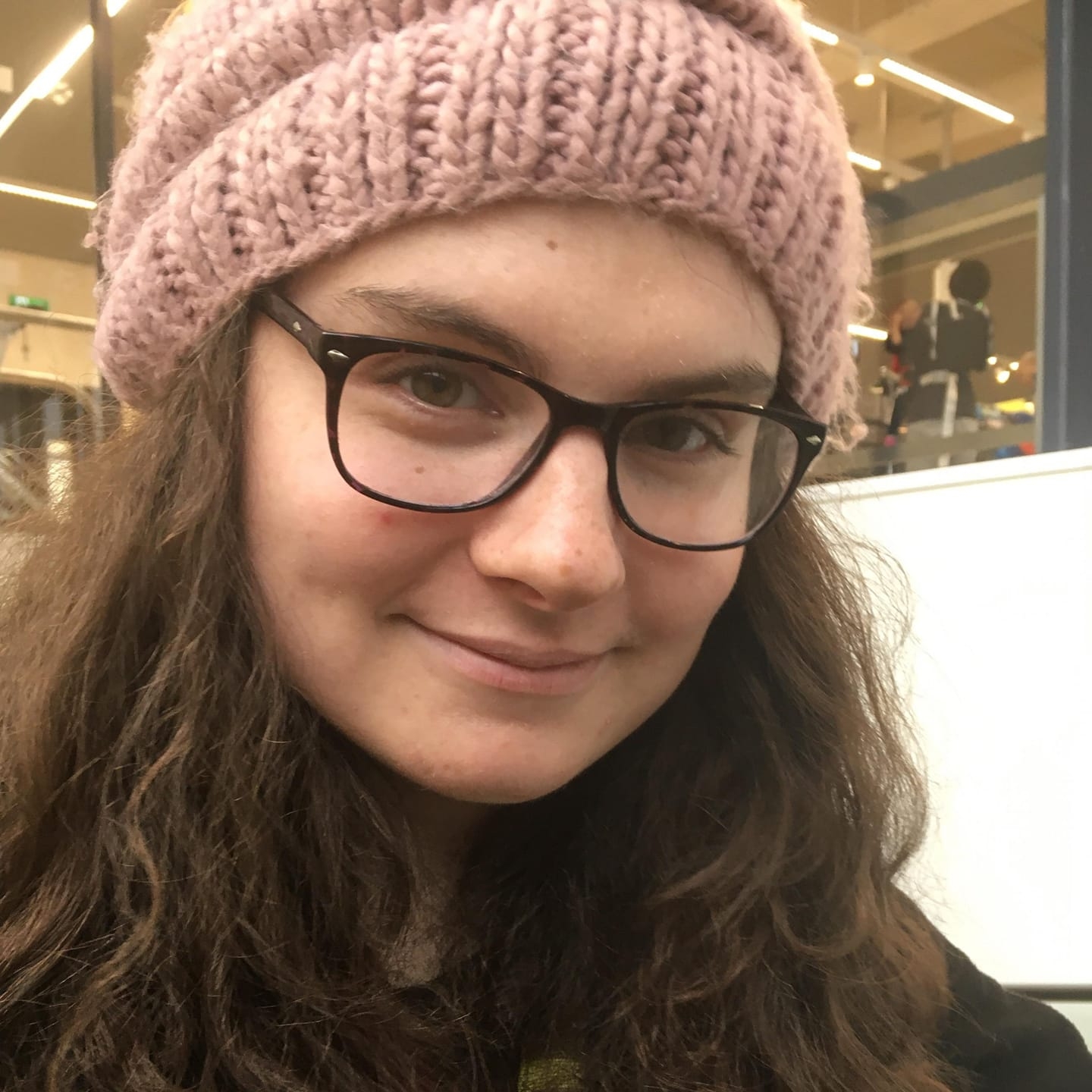Laura Platt

- Role: Music artist and producer
- Company: Freelance
- Location: Scotland, UK
Season two kicks off properly with an interview with Laura Platt!.
QRM: Can you tell us a little bit about who you are and what you do in the games industry?
Laura: I'm a queer trans woman that works both as an independent music artist mainly for arrangements of video-game music, and as a freelance music producer and composer for video-games and films.
QRM: What about the games industry excites and inspires you?
Laura: I love that the passion put into work by those that work in this industry is often so clearly visible for those who experience their work and play games! More specifically to the music side, music in games is such a diverse and constantly evolving field at the moment, and the support that can be found in online video-game music communities is continually encouraging in a career that might otherwise be quite isolating and solitary. See so many people celebrating the work and successes of their friends, peers, and colleagues is incredibly inspiring.
QRM: What about the games industry frustrates or disappoints you? What are the challenges you’re currently facing in the industry?
Laura: Living with social anxiety can make attending even local events difficult, and this becomes especially punishing when considering the cost of attending conventions overseas and the intense pressure that causes most of the time. I think industry events need to be continue to become more openly encouraging to marginalised developers and artists and to show that through direct action, especially when many of the jobs in this industry revolve around networking.
QRM: If you could make one roadblock magically disappear from the games industry, what would you choose and why?
Laura: Currently, I think the most frustrating stumbling block I've seen among online video-game developers and artists is being told either directly or indirectly that our work has no (or very little) value. I worked for many years on several projects without being told that my work deserved adequate pay, and I would invite anyone reading this who is working in games in any capacity to consider themselves to be professionals in this industry that deserve to be paid properly for their work.
QRM: What message would you give to allies—both individuals and companies—who want to know how to support marginalised people better?
Laura: I would love to see allies in this industry being more vocal whenever marginalisation does happen, in addition to signal boosting the voices of marginalised people themselves. Attempting to combat hate and abuse can be exhausting when an aspect of your identity is being targeted, I think allies should feel an obligation to fight against any kind marginalisation whenever they see it.
QRM: What message would you give to marginalised people who are working in games or would like to work in games?
Laura: This is quite specific, but please be wary of anyone who tells you that your work has no value, or that 'you should never be satisfied with your work'. Being confident and content with the quality of your work is totally compatible with being excited to improve and grow as a developer or artist, and as marginalised people there can frequently be circumstances where it is much more of a hindrance than a motivator to centre negative feelings whenever we perceive our work. Your work has value, and should absolutely be celebrated.
QRM: If people want to find and support you and your work, how can they do that?
Laura: I usually post all of my music on my YouTube channel and Spotify, and you can also find me on Twitter at @LauraPlattMusic!

